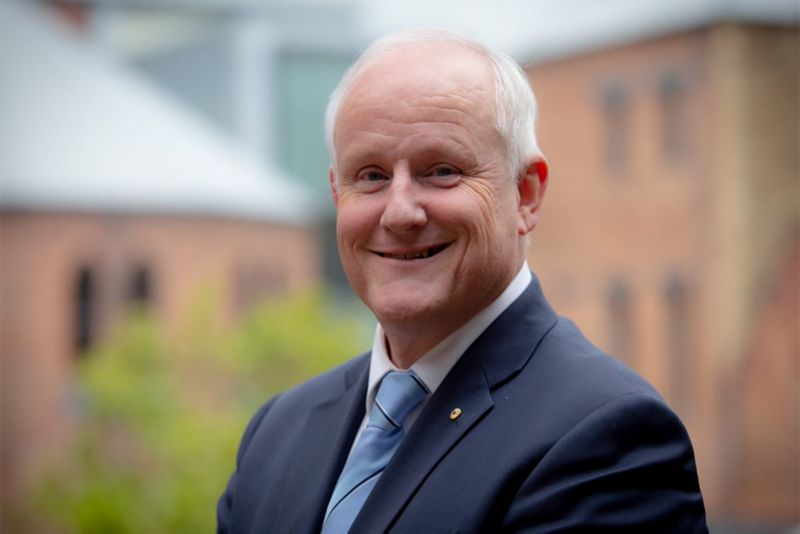Smart spongy device captures water from thin air
Engineers from Australia and China have invented a sponge-like device that captures water from thin air and then releases it in a cup using the sun’s energy, even in low humidity where other technologies such as fog harvesting and radiative cooling have struggled.
RMIT strengthens relations in ASEAN region with Digital Readiness Program
Last week, The College of Business and Law in collaboration with the College of Vocational Education, welcomed recipients of the Australia Awards Improving Digital Readiness and Resilience of the Technical and Vocational Education Training (TVET) short course program.
“The reward is incredible”: becoming a teacher aged 77
When most people might be comfortably settling into retirement, 77-year-old Pierre Van Osselaer has returned to the classroom.
Harnessing data to drive liveability
RMIT is collaborating with government and industry partners on an innovative data sharing project, which aims to create more sustainable, liveable and healthier communities.








